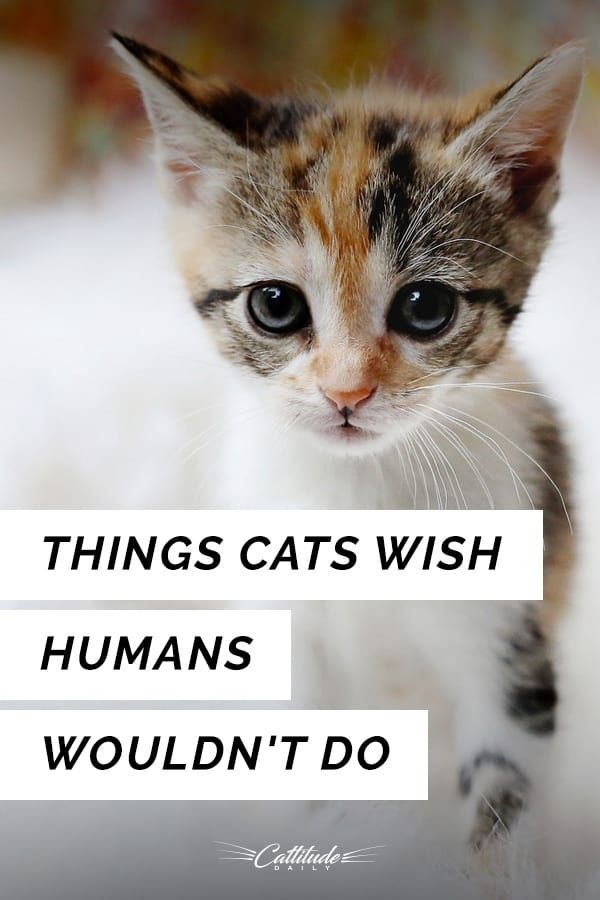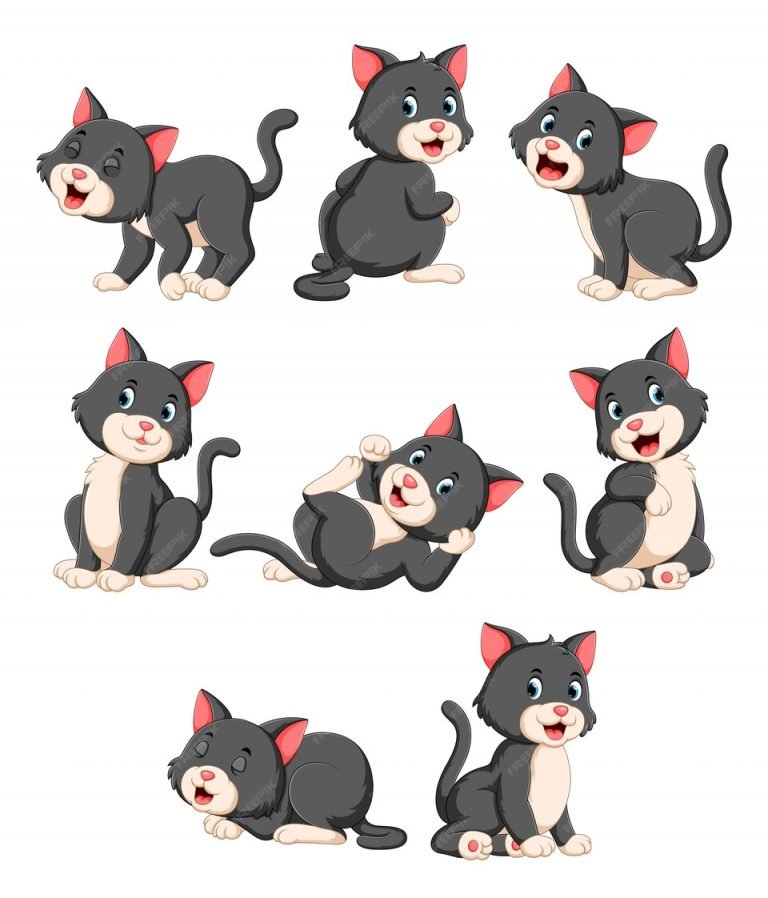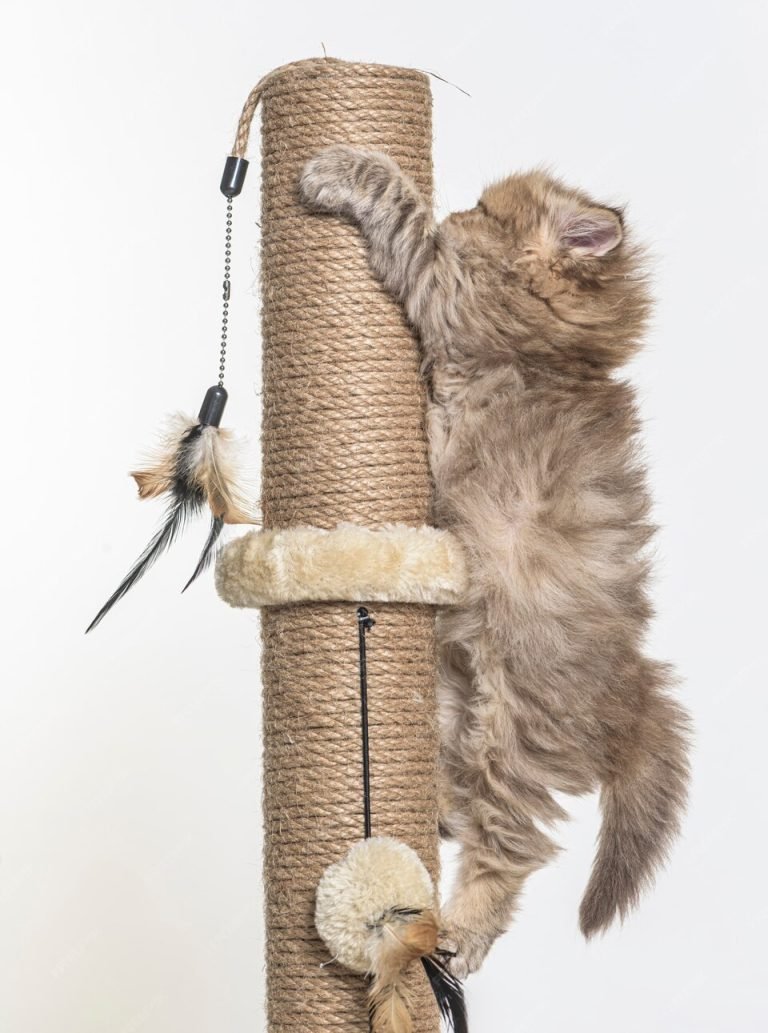Disclosure: This page may contain ads and affiliate links. We may earn a commission at no extra cost to you.
Views: 9
Disclosure: This page may contain ads and affiliate links. We may earn a commission at no extra cost to you.

Table of Contents
Introduction:
Cats Dislike!!! Cats are fascinating creatures that bring joy and companionship into our lives. As cat owners, it’s essential to understand and respect their preferences and boundaries. While cats are generally independent and easygoing, there are certain things that they dislike and wish humans wouldn’t do. In this article, we will explore 11 common behaviors that cats dislike and provide insights on how to create a harmonious environment for your feline companion.
Things Cats Dislike and Why
1. Loud Noises and Sudden Movements
Cats have a keen sense of hearing and are easily startled by loud noises or sudden movements. These can cause them stress and anxiety. It’s important to create a calm and quiet environment for your cat, especially during activities such as vacuuming or playing loud music. Consider providing a designated safe space where your cat can retreat to when feeling overwhelmed.
2. Ignoring Their Personal Space
Cats value their personal space and dislike being crowded or handled excessively. Avoid picking up or hugging your cat if they show signs of discomfort or try to move away. Instead, allow them to approach you on their terms and provide plenty of opportunities for independent play and exploration.
3. Inconsistent Feeding Schedule
Cats thrive on routine, and an inconsistent feeding schedule can disrupt their sense of security. Establish a regular feeding routine and stick to it. This helps create a sense of predictability and ensures that your cat’s nutritional needs are met.
4. Strong Perfumes and Cleaning Products
Cats have a highly sensitive sense of smell, and strong perfumes or cleaning products can be overwhelming for them. Opt for pet-friendly, unscented cleaning products and avoid using strong fragrances around your cat’s living areas.
5. Lack of Vertical Space
Cats are natural climbers and enjoy having vertical space to explore and observe their surroundings. Not providing adequate vertical space can lead to frustration and boredom. Consider providing cat trees, shelves, or window perches to fulfill your cat’s instinctual need for vertical exploration.
6. Neglecting Litter Box Maintenance
Cats are clean animals and prefer a tidy litter box. Neglecting litter box maintenance can cause stress and lead to litter box aversion. Scoop the litter box daily and provide a fresh litter substrate regularly to ensure your cat’s comfort and well-being.
7. Harsh or Rough Handling
Cats are delicate creatures, and rough handling can cause them physical pain or injury. Avoid pulling on their tails or ears and never use physical force as a means of discipline. Instead, use positive reinforcement techniques to train and interact with your cat.
8. Over-stimulation During Play
While playtime is crucial for a cat’s physical and mental well-being, overstimulation can cause them to become agitated or aggressive. Monitor your cat’s body language during play and take breaks when necessary. Provide appropriate toys and interactive play sessions to channel their energy in a positive way.
9. Ignoring Dental Care
Dental health is vital for cats, but it is often overlooked. Neglecting dental care can lead to painful dental issues. Regularly brush your cat’s teeth with a pet-safe toothbrush and toothpaste recommended by your veterinarian. Additionally, provide dental treats or toys to promote healthy teeth and gums.
10. Exposure to Toxic Substances
Cats are curious creatures and may come into contact with toxic substances. Keep household chemicals, plants, and medications out of your cat’s reach. Familiar
ize yourself with common household toxins and ensure your home is cat-safe.
11. Lack of Mental Stimulation
Cats are intelligent animals that require mental stimulation to thrive. Lack of mental stimulation can lead to boredom and behavioral issues. Provide interactive toys, puzzle feeders, and play sessions to keep your cat’s mind engaged and prevent destructive behaviors.
FAQs:
Q1: Can cats tolerate being left alone for long periods?
A1: While cats are independent by nature, they still require human interaction and mental stimulation. Leaving a cat alone for extended periods can lead to loneliness and behavioral issues. It’s recommended to provide companionship and environmental enrichment even when you’re away by using toys or considering a second cat for company.
Q2: Why do cats dislike being petted on their stomachs?
A2: Many cats are sensitive on their stomachs due to the vulnerability of this area. While some cats may enjoy a gentle belly rub, most prefer to have their chin, head, or back petted. It’s important to respect your cat’s preferences and avoid forcing them into uncomfortable positions.
Conclusion:
Disclosure: This page may contain ads and affiliate links. We may earn a commission at no extra cost to you.
Understanding and respecting a cat’s preferences is crucial for creating a happy and harmonious environment. By avoiding the 11 behaviors discussed in this article and providing a cat-friendly living space, you can ensure that your feline companion feels safe, secure, and loved. Remember, a contented cat is a healthy and happy cat.
Disclosure: This page may contain ads and affiliate links. We may earn a commission at no extra cost to you.







